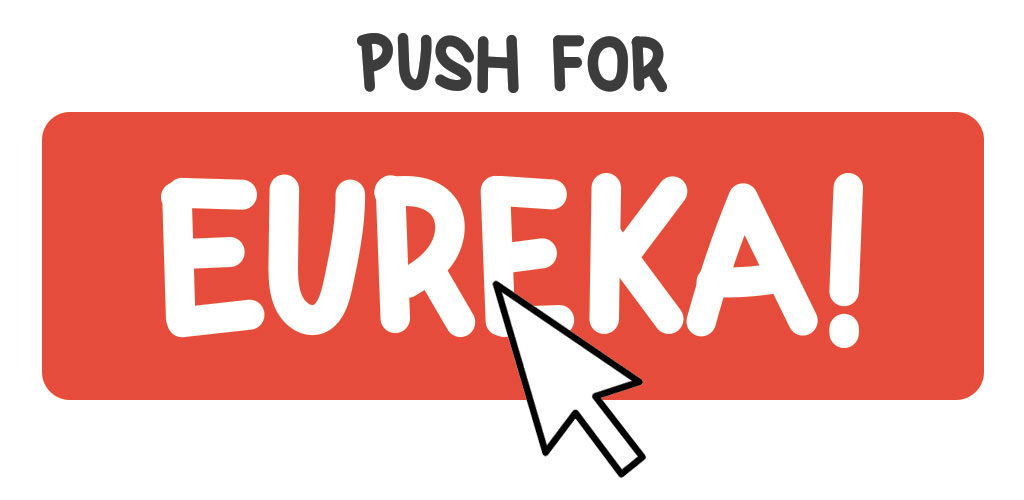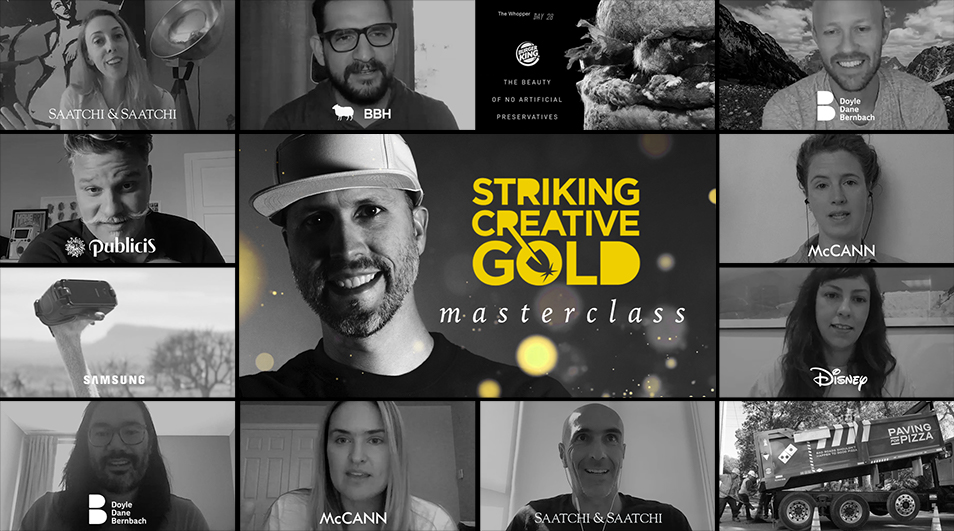
Chance can inspire great ideas. It's the proverbial "Eureka" moment. Most of the times, though, we don't have the luxury of waiting for chance to strike. The real world is full of deadlines and sometimes ideas need to come on demand. Wouldn't it be nice if we could somehow force random events to bring us ideas? I believe we can.
Chance creativity can be turned into an idea generation technique. It has worked for me many times. Here's how it works:
1. Remember the last time you've been somewhere you had never been before.
It can be anything: the last time you met someone new, or visited a new museum, or when you experienced a new part of town. You can also create a fresh new experience: go have lunch somewhere you've never been before. When we experience something new, we become more sensitive to the events around us. We can take advantage of that state and use those experiences as a starting point for creativity.
2. Note some of the more memorable moments of that occasion.
Did the waitress mess up your order? Did you see something unexpected? Did you find out something surprising about someone? Have you heard a new piece of information you didn't know? What happened then? What caught your attention? Remember and take note of the little things that happened. Make a list. You might have taken the small details for granted before, but now you're creative. Observe. Notice everything.
3. Use those moments as inspiration to come up with ideas
Remember what I wrote about the first step to being creative? You have to actively try to be creative. What we have to do now is to take those small experiences we noted and force them into the creative problem we're trying to solve. Ideas are born from "creative accidents" - the collision between 2 or more unrelated fragments of information is what sparks the creation of new ideas. For each item on your list ask yourself the following question: "How can I use the idea of [item] to get an idea for [problem]"? Come up with as many answers as you can. Hopefully one of them can offer you viable creative solution.
"Genius is nearly always the outside view looking in; the clever coupling of two or more seemingly disparate things."
– John Hunt
Here's an example that happened to me:
I went for lunch with a few friends to a casual no-frills Vietnamese restaurant. I went out with my mind set to use something from this outing to inspire me to create a TV commercial. One of them ordered a sandwich – with pâté on the side. As if that wasn't enough, the waitress forgot to bring the side. My friend asked her, in an authoritative, aloof voice: "Where's my pâté?". We all laughed. The posh sounding question, coupled with the laid back atmosphere of the restaurant made for a memorable moment. My friend's expectation and the reality of the restaurant didn't seam to match.
That insight led me to write a script about a girl and her new car. The car went beyond all her expectations on the road as she made her way to see her boyfriend. They were to meet for a picnic lunch in the park. The girl had spent the whole morning preparing a special meal including the boyfriend's favorite sandwich. She expected nothing but delight from the man, given all the trouble she went though to make his lunch a special moment – only to be met with the his incongruent reply as he takes a bite: "where's my pâté?" The ad suggested you stick around with people – and cars – who meet your expectations.
The spot never got produced – that's the life of a professional creative: ideas die so we can come up with new ones. The lesson, nevertheless, stayed: We can make chance play in our favor, when it comes to creativity.
How has chance helped you be creative in the past? Share your story!

I guess some of the steps that you have mentioned happen to me naturally (sometimes). Will definitely observe more consciously and keep practicing. Liked that one.